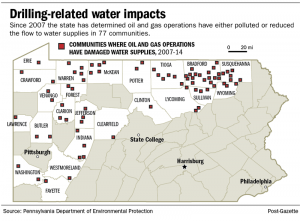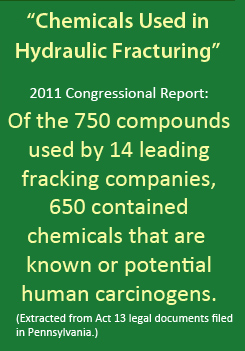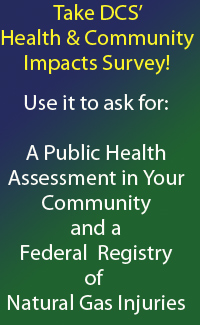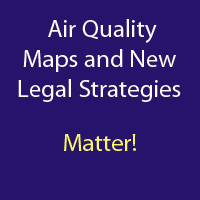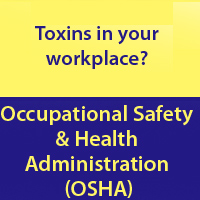Respiratory and skin complaints more likely within 1 mile of a gas well….
From the January 2015 issue of the scientific journal, “Environmental Health Perspectives” come these excerpts from a health study of 180 households (492 persons) with ground-fed water wells living within 1-2 miles of fracking in Washington County, PA:
“Gas well proximity for each household was compared with the prevalence and frequency of reported dermal, respiratory, gastrointestinal, cardiovascular, and neurological symptoms.
Results: The number of reported health symptoms per person was higher among residents living < 1 km (mean ± SD, 3.27 ± 3.72) compared with > 2 km from the nearest gas well (mean ± SD, 1.60 ± 2.14; p = 0.0002).
… reported skin conditions were more common in households < 1 km compared with > 2 km from the nearest gas well….
Upper respiratory symptoms were also more frequently reported in persons living in households < 1 km from gas wells (39%) compared with households 1–2 km or > 2 km from the nearest well (31 and 18%, respectively) (p = 0.004).
Conclusions: The results of this study suggest that natural gas drilling activities could be associated with increased reports of dermal and upper respiratory symptoms in nearby communities; these results support the need for further research into health effects of natural gas extraction activities.”
http://ehp.niehs.nih.gov/wp-content/uploads/123/1/ehp.1307732.alt.pdf
